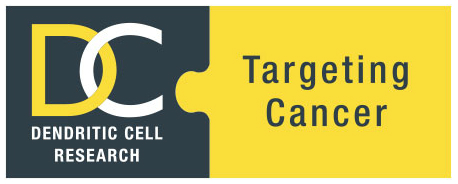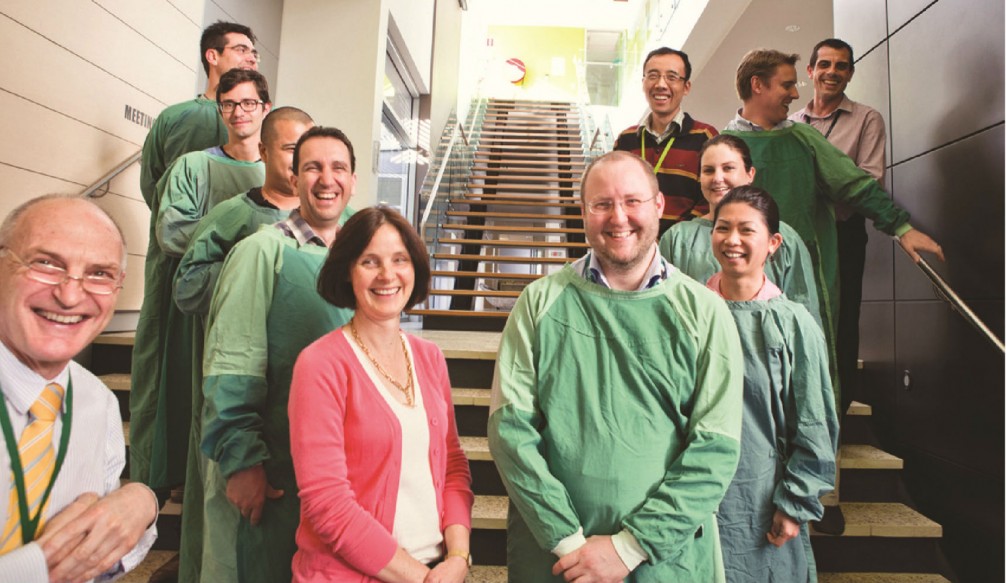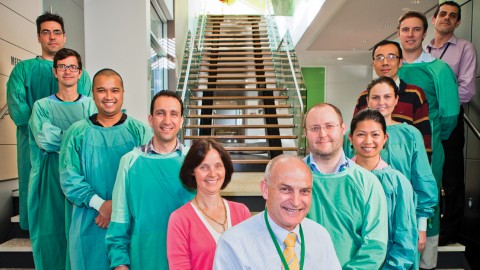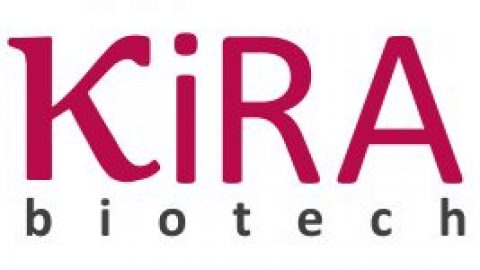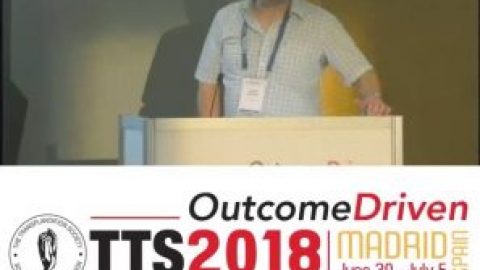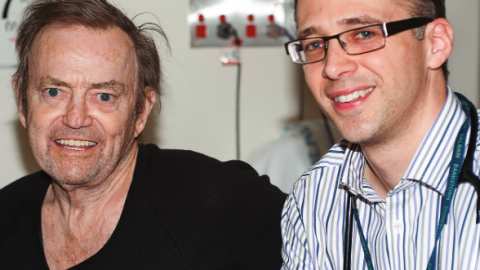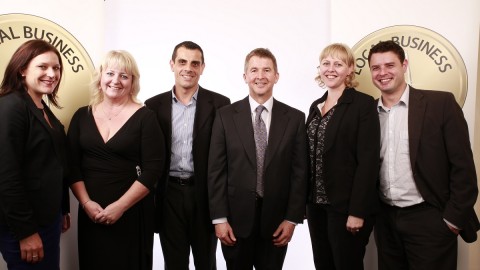Featured in Burwood Scene, March 13, 2013.
An anti-cancer vaccine is another step closer as the 20-strong team led by Professor Derek Hart at Concord’s ANZAC Research Institute progress their cutting-edge research into Multiple Myeloma, one of the more common blood cancers.
A lifetime of research by Professor Derek Hart, who is an Oxford Rhodes scholar, helped to confirm the discovery of the dendritic cell, a new class of cells in the immune system, but that was just the tip of the iceberg.
Since Professor Hart set up the ground-breaking Dendritic Cell Biology and Therapeutics Group (DCBTG), at the ANZAC Research Institute at Concord Hospital, he has fostered strong collaborative teams within Westmead and Royal Prince Alfred Hospitals, to ultimately deliver an anti-cancer vaccine.
The work has progressed to validating animal model systems, using mice, to eliminate cancer causing cells and restore the good cells, which can fight cancer from within.
Dr Phillip Fromm is one of Professor Hart’s brilliant team who says that the research is at the forefront of science and will lead to an application for patients.
“It’s what gets me out of bed in the morning,” Dr Fromm said.
The ‘one-sided’ cancer conversation between cells could be over
Sydney Medical School Research Fellow and Hospital Scientist, Dr Phillip Fromm is one of 20 brilliant minds within Professor Derek Hart’s program at Concord, leading the world on Dendritic Cell vaccination that will eventually lead to a cure for Multiple Myeloma, which is cancer of the bone marrow.
Eventually this has the possibility of being applied to Leukaemia and other cancers.
“Bone Marrow cancer is the most common diagnosed blood cancer and accounts for 1% of all cancers,” Dr Fromm explained. “Treatment requires stem cell transplant but this isn’t possible in older patientsaged 65 years or over because of severe side effects.”
Multiple Myeloma is particularly a disease of the elderly with no cure and survival after diagnosis is around five years.
The discovery of dendritic cells by Nobel Prize winner Professor Ralph Steinman has opened a new world of possibilities for the treatment and cure of various cancers, but science takes time.
“We have progressed and have found that the dendritic cell can be involved in the advance and more importantly, the retraction of blood cancers,” Dr Fromm said.
“Since last October, after some routine screening at RPA we identified a new special subset of dendritic cell (DC), or ‘Plasmacytoid’ DC and it’s involved in Multiple Myeloma.”
Essentially, the DC instruct other blood cells how to react to cancers (tumours) and are responsible for advancing or rejecting cancerous blood cells.
“We have been working to find out how these Plasmacytoid (PDC) subsets can lead to defects in the immune system and how the PDCs modulate the suppression of the immune system. The PDCs are sending the wrong message to other cells and we think we can reverse that,” Dr Fromm said.
“At the moment these cells allow infections to thrive and also allow the tumors to survive.” “All cells in the body talk to other cells and in the case of cancer, it’s a one-sided conversation. We think we can reverse that to restore the conversation and allow other cells to do their job.”
“We have identified two different PDCs. One good and one bad. Currently the bad is taking over the good cells. We all have a balance of PDC cells and know that the bad PDC cells are elevated in Multiple Myeloma patients. By restoring the PDCs to fight infections, using an antibody, we can target the bad PDC cells and leave the good ones behind or restore PDC function by using pharmaceuticals,” Dr Fromm explained.
The proof is in the test tube.
“We’ve tested this function in test tubes and we can restore the good PDCs. We can also show that the bad changes to the blood cells (cancer) are the work of the bad PDCs.”
Long, difficult experiments are now ahead of Professor Hart, Dr Fromm and their colleagues at Concord,Westmead and Royal Prince Alfred. An ‘animal model’ using mice is being developed under strict guidelines to meet the Sydney Local Health Network Ethics Committee, which include experts, veterinarians and lay people.
“We will be going hard at it for the next three to six months on this phase alone. The collaboration between clinicians and scientists is very strong and this collective team is the best at what they do in the world. This is a unique environment and I love it because I’m on the ground floor and know that the work will have a real impact for people.”
Given the level of collaboration and dedication by so many, Sydney is well primed to be the world leader in the coming trials.
In January, Professor Hart attended the Blood and Marrow Transplantation Tandem Meeting in USA, which looked at emerging technologies in stem cell transplantation and for the treatment of blood cancers, including novel therapeutic advances for the treatment of multiple myeloma.
What resulted was a further collaboration between a leading research team in Boston using Professor Hart’s ANZAC Research Institute antibody platform in the development of the next generation of dendritic cell vaccines.
Completing the first phase of Professor Hart’s research at the ANZAC Research Institute will cost about $5million.
Doesn’t seem like too high a price for the good of mankind, but it still needs to be raised.
By Belinda Noonan.
Image Caption: Professor Hart (left) and some of his team.
Photo: Lee McCluske
